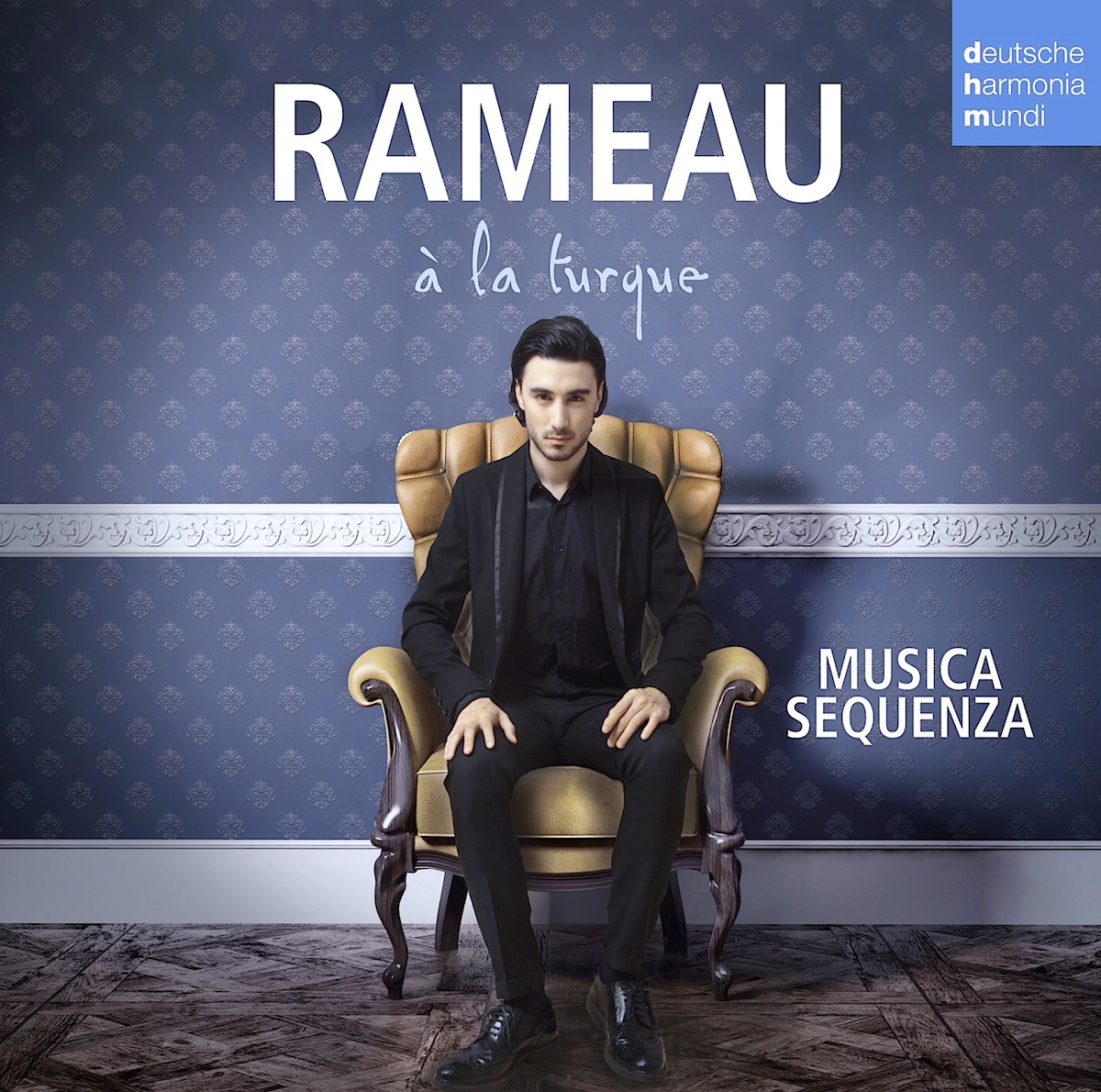Home / Shop
RAMEAU A LA TURQUE CD
EUR 15,00€


A one-time price of EUR 15,00€ will be added to your order.
Manufacturer: BURAK ÖZDEMIR & MUSICA SEQUENZA Baroque is the new pop!
- Description